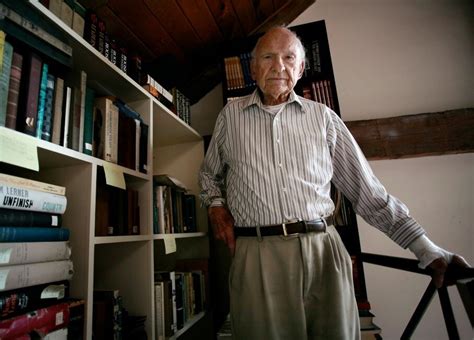A Quote by Frances Wright
Moral truth, resting entirely upon the ascertained consequences of actions, supposes a process of observation and reasoning.
Quote Topics
Related Quotes
I would call the attention of the reader to the difference between "reason" and "reasoning." Reason is a light, reasoning a process. Reason is a faculty, reasoning an exercise of that faculty. Reasoning proceeds from one truth to another by means of argumentation. This generally involves the whole mind in labor and complexity. But reason does not exist merely in order to engage in reasoning. The process is a means to an end. The true fulfillment of reason as a faculty is found when it can embrace the truth simply and without labor in the light of single intuition.
It cannot be said too often that actions are good or bad in the light of consequences, and that a clear perception of consequences would control actions. That which increases the sum of human happiness is moral; and that which diminishes the sum of human happiness is immoral. . . . Blind, unreasoning obedience is the enemy of morality.
I have learnt that all our theories are not Truth itself, but resting places or stages on the way to the conquest of Truth, and that we must be contented to have obtained for the strivers after Truth such a resting place which, if it is on a mountain, permits us to view the provinces already won and those still to be conquered.
Man demands truth and fulfills this demand in moral intercourse with other men; this is the basis of all social life. One anticipates the unpleasant consequences of reciprocal lying. From this there arises the duty of truth. We permit epic poets to lie because we expect no detrimental consequences in this case. Thus the lie is permitted where it is considered something pleasant. Assuming that it does no harm, the lie is beautiful and charming.
THERE is no method of reasoning more common, and yet none more blameable, than, in philosophical disputes, to endeavour the refutation of any hypothesis, by a pretence of its dangerous consequences to religion and morality. When any opinion leads to absurdities, it is certainly false; but it is not certain that an opinion is false, because it is of dangerous consequence. Such topics, therefore, ought entirely to be forborne; as serving nothing to the discovery of truth, but only to make the person of an antagonist odious.
"Teachers"... treat students neither coercively nor instrumentally but as joint seekers of truth and of mutual actualization. They help students define moral values not by imposing their own moralities on them but by positing situations that pose hard moral choices and then encouraging conflict and debate. They seek to help students rise to higher stages of moral reasoning and hence to higher levels of principled judgment.
We now know that we cannot continue to put ever-increasing amounts of CO2 into the atmosphere. Actions have consequences. In fact, the consequences of past actions are already in the pipeline. Global temperatures are rising. Glaciers are melting. Sea levels are rising. Extreme weather events are multiplying.






































